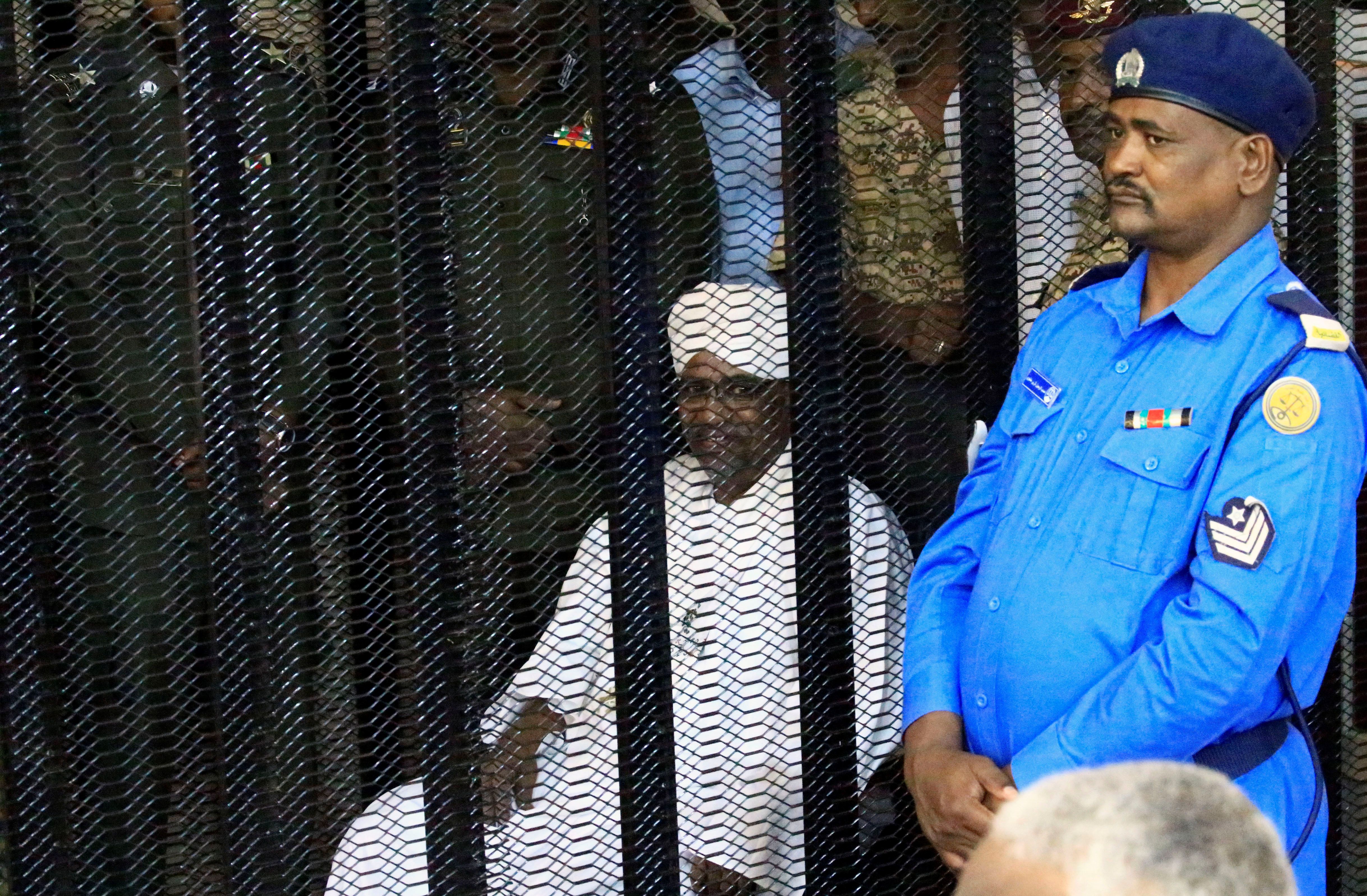What We're Watching: Despot faces justice, Saudi king ails, Greeks vs Turks
Day of reckoning for a dictator: Omar al-Bashir, once Sudan's strongman, is now living the nightmare. Like a Shakespearean king who has long known he'll pay the price of all usurpers, Bashir went on trial on Tuesday, along with alleged accomplices, for his role in the 1989 military coup that toppled an elected government and brought him to power. His 30-year reign was first jeopardized in 2018 by large protests against austerity measures imposed on his people. When a military crackdown only made the crowds larger, the army agreed to oust him in April 2019. If convicted, Bashir could be executed, though Sudan's new government — a council composed of both civilian and military officials — has promised that he'll also face genocide charges at the International Criminal Court over his role in the still-unresolved Darfur conflict that has killed hundreds of thousands since 2003. This trial marks the first time in the modern history of the Arab world that a leader has faced justice for a coup that brought him to power. The trial has been adjourned until August 11.
A hospital in Riyadh: King Salman, the 84-year old monarch of Saudi Arabia, was admitted to hospital earlier this week after reportedly suffering inflammation of the gallbladder. Now, Signal isn't about to make the pivot to gastroenterology, so we can't say how the king is doing — but we can say that his health and longevity are huge political issues. Next in line to the throne is Salman's 34-year old son, Mohammed bin Salman, known to many in the west as MbS. The Crown Prince, who is already the de facto ruler of the kingdom, is a controversial figure. On the one hand, he has loosened some of Saudi Arabia's most extremely conservative laws. On the other, he has jailed relatives, unleashed a quagmire of a war in Yemen, and, according to various Western intelligence agencies, had a hand in planning the 2018 murder of dissident journalist Jamal Khashoggi. If — and when — MbS takes over, it would be a major turning point for the kingdom, cementing the possibility that he could rule for half a century or more. And he has his enemies who want to prevent that from happening...
Greeks and Turks bicker: Greece has threatened to pursue EU sanctions against Turkey if Ankara refuses to halt its plans to explore for oil and gas in disputed Mediterranean waters off Cyprus. The Greeks argue that the Turks have no right to pursue those activities within the maritime jurisdictions of either Greece or Cyprus, while Ankara insists the area is part of Turkey's own continental shelf. This is just the latest episode in an often-testy relationship between both countries, which have long quarreled over ethnically divided Cyprus and EU-bound refugees. Greece and Turkey have also been at loggerheads lately over the Turkish government's controversial decision to turn Hagia Sophia into a mosque. Greece, a majority Orthodox Christian nation, has rallied other countries and church leaders to stop the move, claiming that the conversion negates the long history of the UNESCO-listed tourist site in Istanbul as a former Orthodox Christian cathedral.